Why do babies drool so much? It’s not just messy—it’s a sign of healthy development! Excessive drooling helps babies strengthen mouth muscles, soothe teething gums, and even prep for solid foods. While it peaks between 3-6 months, drooling is normal (and beneficial) for infants. Here’s what every parent should know about this slippery milestone—and how to manage it.
- Normal Drooling – Excessive drooling from 3-6 months is a healthy sign of development.
- Functions of Drool – It aids digestion, soothes gums, and protects oral health.
- Drool Rash – Too much wetness can cause skin irritation around the mouth.
What Is Drooling in Babies?
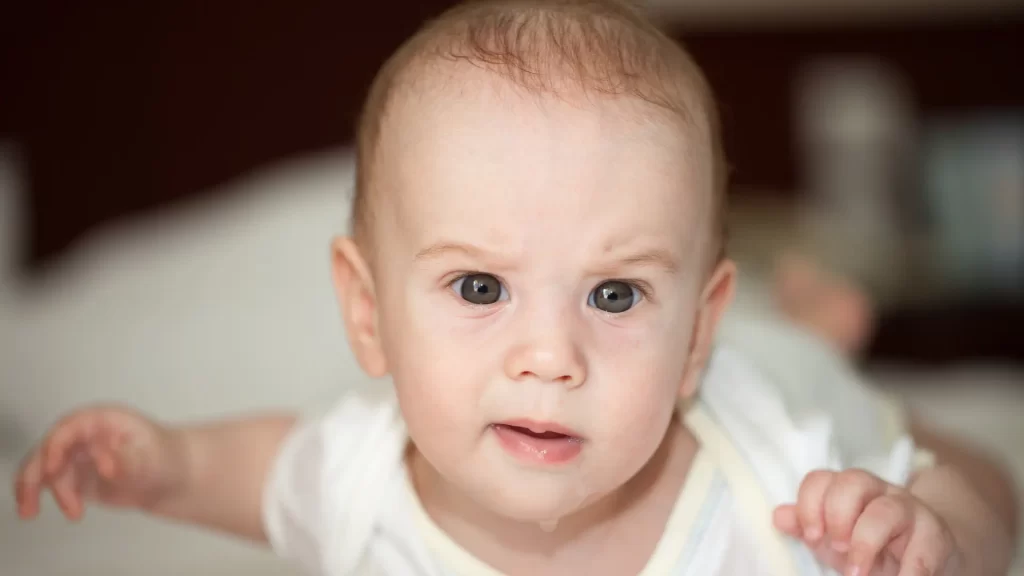
Drooling refers to the uncontrolled flow of saliva outside the mouth. In newborns and young infants, excessive drooling is typical and usually nothing to worry about. Since babies haven’t yet developed full control of their oral muscles, they are unable to swallow all of the saliva their tiny salivary glands produce. This is why drooling is especially common in the first two years of life.
What Does It Mean When Your Baby Is Blowing Bubbles?
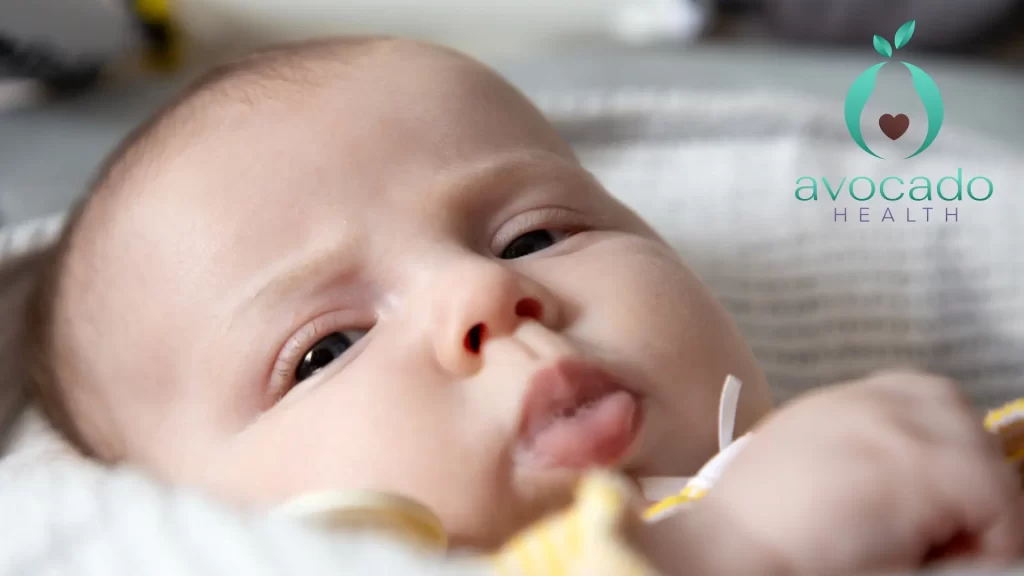
Seeing your baby blow bubbles with saliva may look adorable, but it is also an important developmental milestone. Pediatricians explain that when infants blow bubbles and drool, they are strengthening their mouth muscles in preparation for future skills like talking, drinking from a cup, and eating solid foods.
The act of blowing bubbles also improves their oral coordination and helps develop their swallowing muscles, which is essential for speech development.
What Is the Normal Age for Drooling?
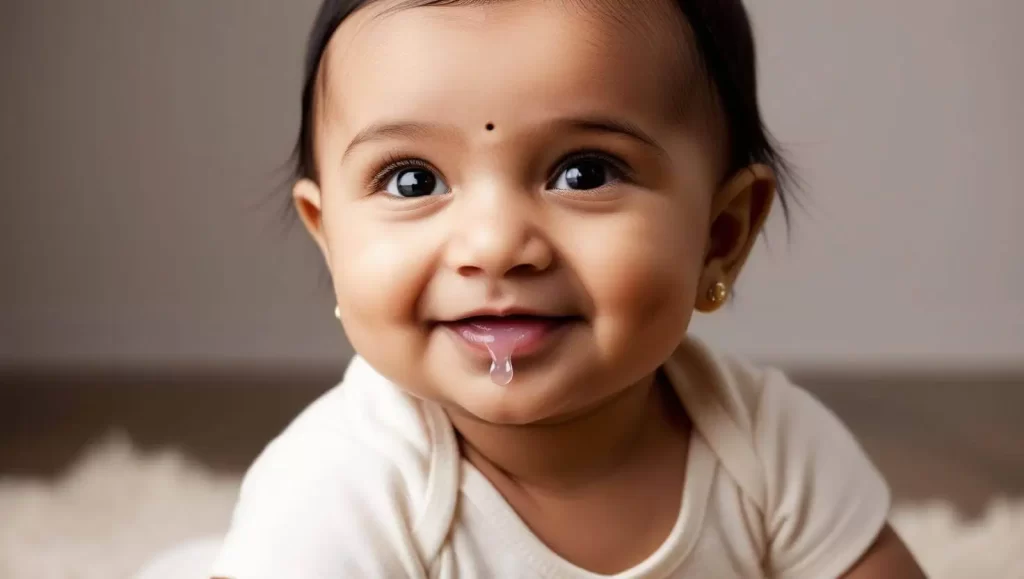
Drooling is common in babies, particularly between three to six months old, but it can persist up to 24 months or even longer in some children. This is because infants take time to develop the muscle control needed to manage their saliva effectively.
Drooling is especially noticeable during teething periods, as increased saliva production helps soothe tender gums.
Key Reasons: Why Do Babies Drool So Much?
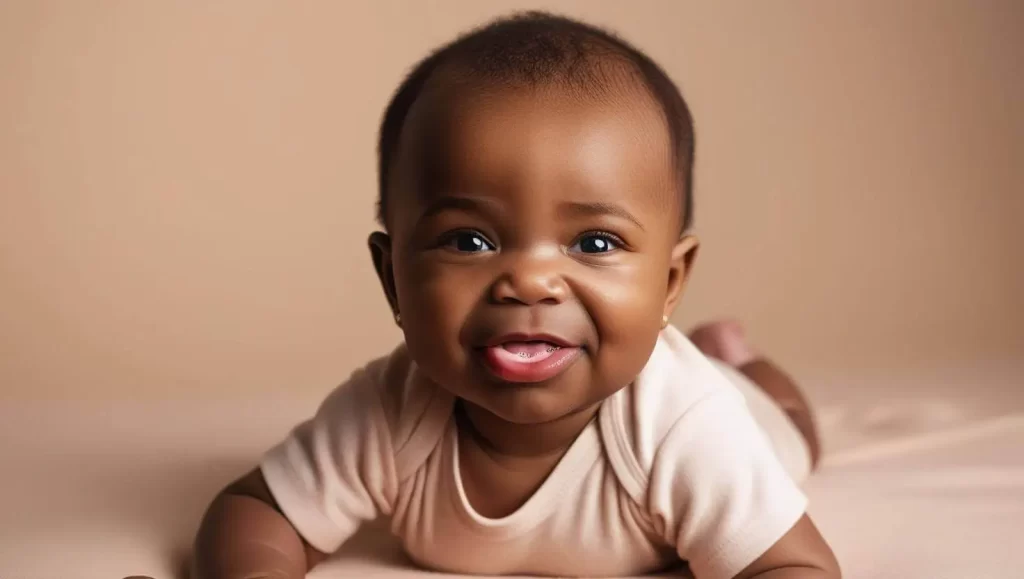
Parents frequently ask, why do babies drool so much? Researchers believe that excessive drooling in babies is closely linked to their developing digestive system.
Since babies haven’t yet developed full control of their oral muscles, they are unable to swallow all of the saliva their tiny saliva glands produce.
Saliva production is an essential part of digestion, helping break down food and protect the stomach lining. Here are some key reasons why babies drool excessively:
1. Developing Oral Muscles
Because newborns have underdeveloped oral muscles, they find it challenging to manage the saliva that builds up in their mouths. Instead of swallowing it effectively, the saliva collects and eventually spills out.Full control of swallowing muscles typically develops between 18 to 24 months of age.
2. Teething
When babies start teething, their bodies produce more saliva to help soothe inflamed gums. This natural response helps lubricate and protect the growing teeth while also ensuring that saliva bathes the gums, washing away bacteria.
3. Sensory Exploration
Babies explore the world with their mouths. As they put objects in their mouths—such as hands, toys, and pacifiers—saliva production increases. This habit encourages oral development and helps them understand different textures. However, this increased saliva can sometimes lead to drool rash on the baby’s skin if not managed properly.
4. Digestive Development
Saliva contains enzymes that aid in digestion. The increase in drool is a sign that the digestive system is developing and preparing for solid foods. Saliva also helps neutralize stomach acid, protecting the esophagus and aiding in digestion.
Is Drooling a Developmental Milestone?
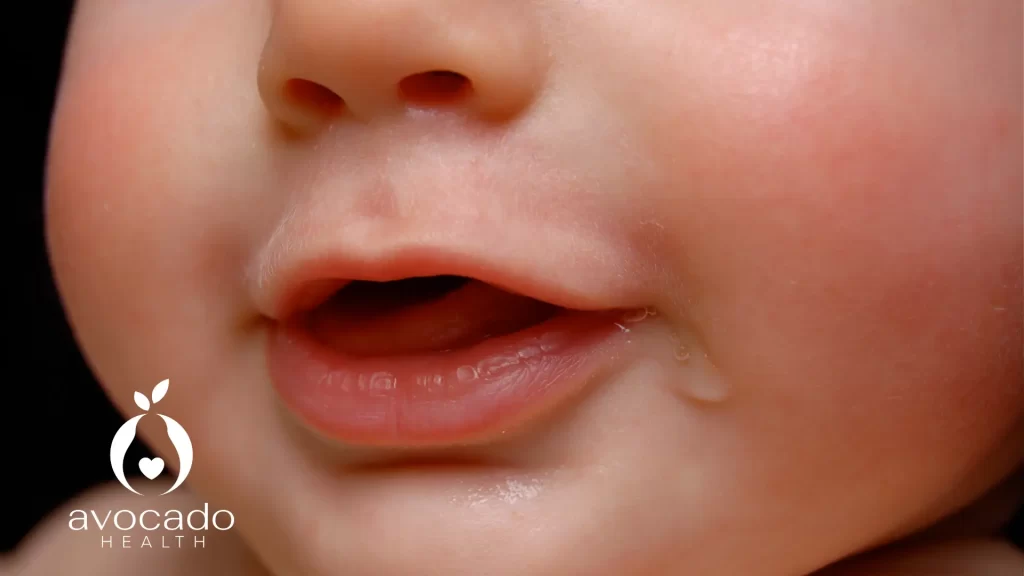
Yes, drooling is an important developmental milestone in infants. While it may seem like a minor phase, drooling plays a vital role in your baby’s growth. Here’s how:
- It signals teething and the body’s preparation for solid foods.
- Saliva production helps clean and protect emerging teeth.
- It supports oral muscle development, which is essential for future speech and feeding skills.
In some cases, excessive drooling may indicate trouble swallowing, which should be evaluated by a pediatrician.
Is Drooling Good or Bad for Babies?
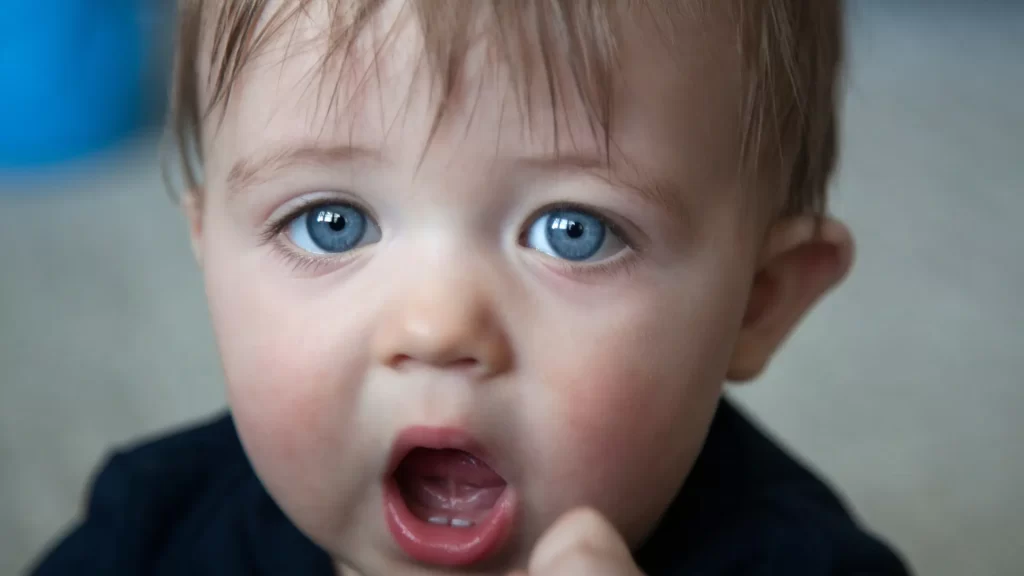
Drooling is generally beneficial for babies. Although it may be messy, it serves several important functions, including:
- Softening food: Saliva helps break down food once solids are introduced.
- Aiding swallowing: It makes it easier for babies to swallow.
- Protecting oral health: Saliva helps wash away bacteria and food debris.
- Preventing dehydration: It keeps the mouth moist and comfortable.
- Supporting immune function: Saliva contains disease-fighting proteins that protect against infections.
What Is Drool Rash in Babies?
While drooling itself is harmless, prolonged exposure to saliva can sometimes lead to a condition known as drool rash. This rash occurs when excessive moisture irritates the skin around a baby’s mouth, chin, cheeks, or neck.
When Do Babies Get Drool Rash?
Drool rash typically appears when a baby is teething, as excessive drooling becomes more frequent. Other factors that contribute to drool rash include frequent pacifier use, thumb sucking, or constantly wet clothing due to saliva.
What Does a Baby Drool Rash Look Like?

Drool rash often presents as red, irritated, or chapped skin. Some babies may develop small red bumps around their baby’s mouth, chin, and neck. Although drool rash is not contagious, it can be uncomfortable for your little one.
How to Prevent and Treat Drool Rash
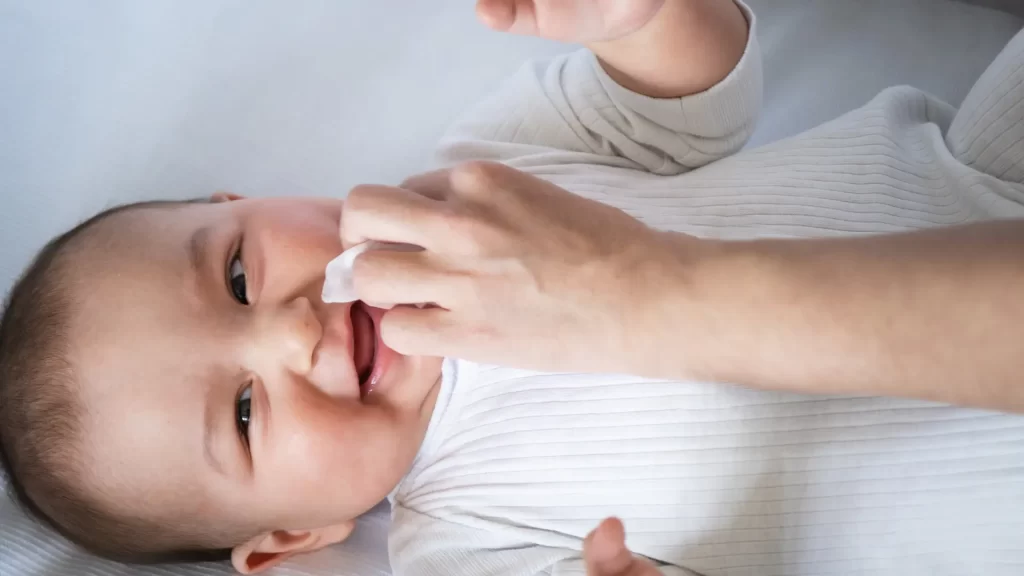
To minimize the risk of drool rash and keep your baby’s skin healthy, try these simple tips:
- Keep the baby’s skin dry – Frequently wipe away drool with a soft cloth.
- Use bibs – A drool bib can help absorb excess moisture.
- Apply barrier creams – Use baby-safe moisturizers or ointments to create a protective barrier.
- Limit pacifier use – If possible, reduce the use of pacifiers that keep the mouth area wet.
- Wash with mild soap – Gently cleanse the affected area with lukewarm water and mild soap.
- Provide teething toys – Giving your baby teething rings can help them soothe their gums while managing drool.
Final Thoughts
So, why do babies drool so much? The answer lies in their developing bodies and the activity of their saliva glands. From strengthening oral muscles to aiding digestion and protecting new teeth, drooling is a completely normal and beneficial part of infancy.
While it may seem excessive at times, it’s simply your baby’s way of preparing for important milestones like eating, speaking, and teething. If drooling ever leads to irritation or rashes, simple remedies like keeping their skin dry and using protective creams can help.
Remember, every baby develops at their own pace. So, whether your little one is a light drooler or a constant dribbler, rest assured that it’s all part of their natural growth journey!
Got more questions about baby drooling?
Text Avocado Health with your everyday questions about your child ’s well-being. We prioritize text messaging because it’s the fastest, most convenient way to get expert guidance. With real-time support, busy parents can quickly receive clear, actionable advice—right when they need it. Get the answers you need to handle your baby’s development with confidence.
Dad of 5. CEO & Co-Founder of Avocado Health. Former HealthTech & FinTech Founder. Passionate about empowering families and driving change in parenting and child development.

